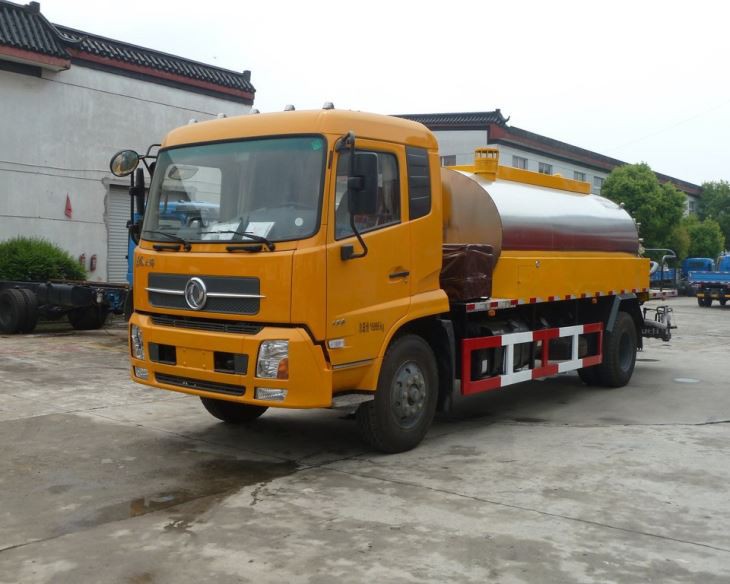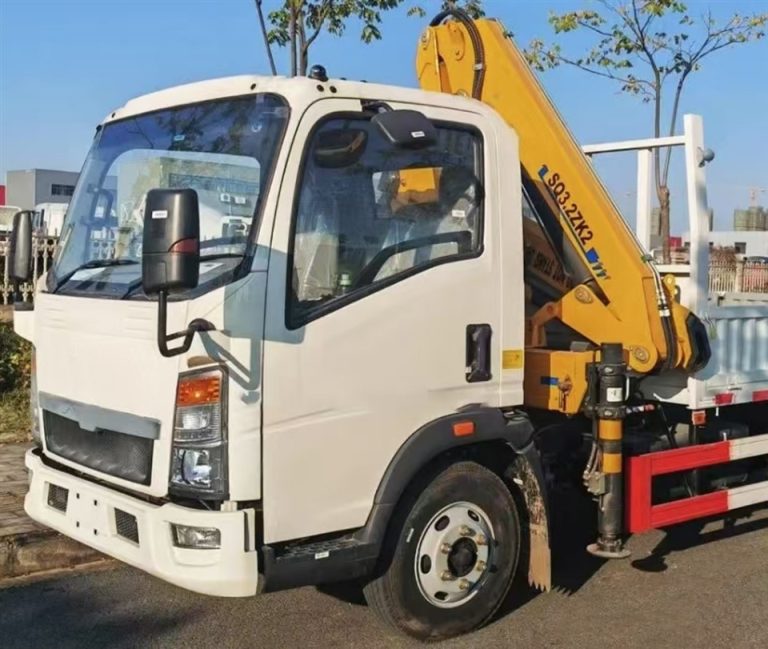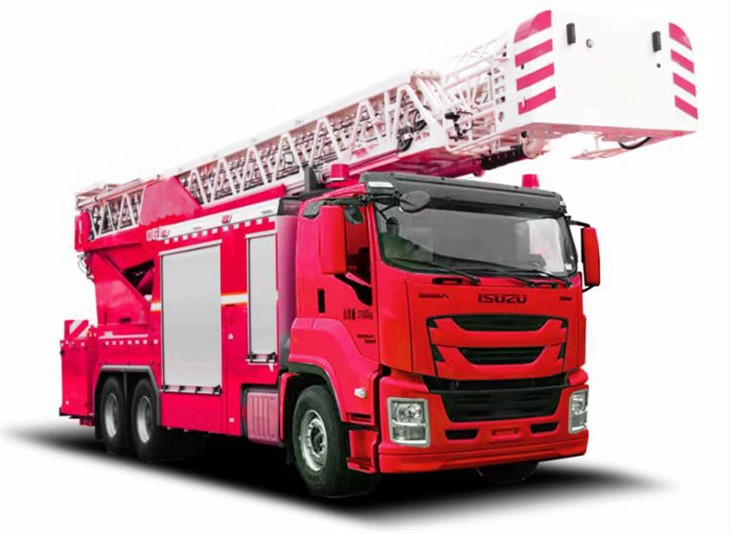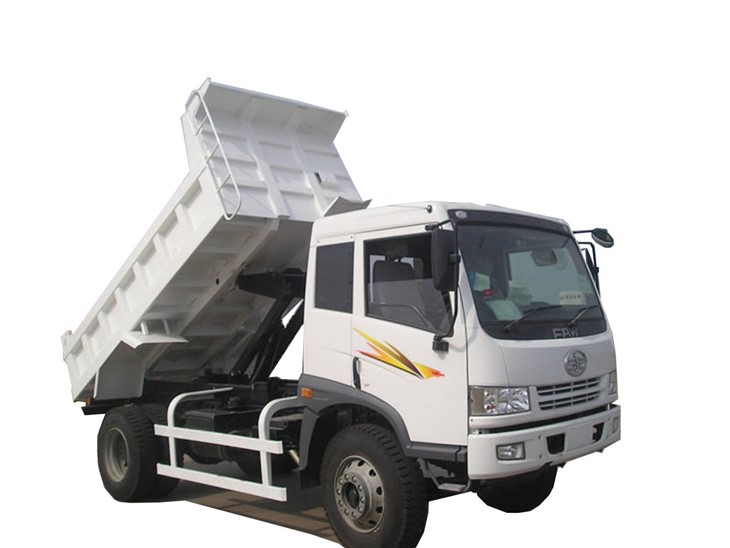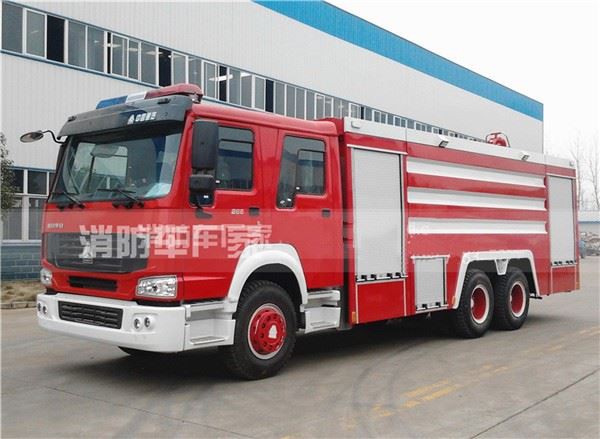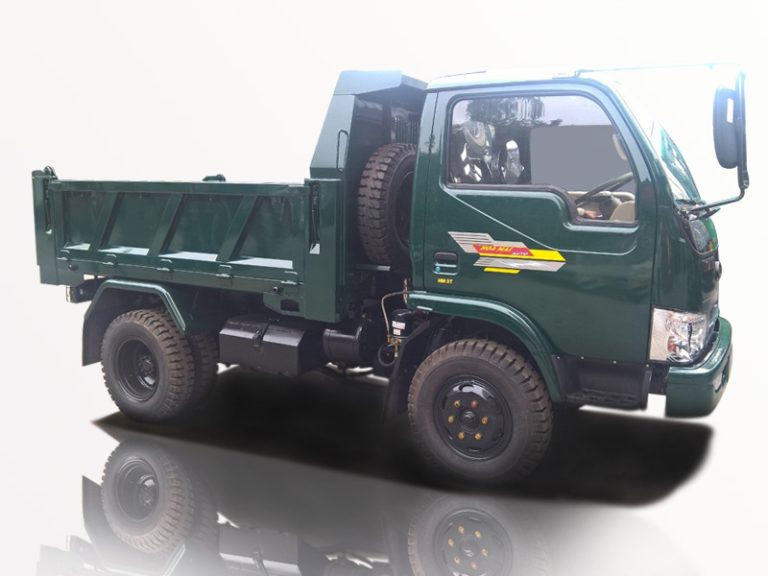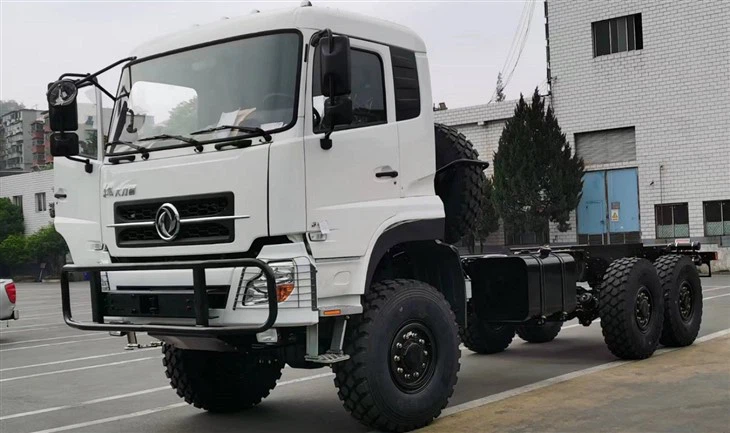Introduction to Front Loader Trucks
Front loader trucks are essential vehicles in various industries, including construction, waste management, and agriculture. These powerful machines are designed to transport heavy loads, making them a staple for businesses that rely on efficient material handling. This article will delve into the intricacies of front loader trucks, their functionalities, benefits, types, and practical tips for using them effectively. Whether you’re a truck operator, a business owner, or simply curious about these machines, this guide will provide you with valuable insights.
What is a Front Loader Truck?
A front loader truck is a heavy-duty vehicle equipped with a hydraulic front loader attachment used for lifting and moving materials. These trucks combine a robust chassis with a versatile loader bucket that can scoop, lift, and carry various materials. They are particularly renowned for their ability to operate in tight spaces and navigate challenging terrains.
The Anatomy of a Front Loader Truck
Understanding the components of a front loader truck can help users appreciate its functionality. Here are the main parts:
- Cab: The driver’s compartment where operation controls and instruments are located.
- Loader Arm: The hydraulic arm that raises and lowers the bucket.
- Bucket: The scoop-shaped attachment used to carry materials.
- Chassis: The truck’s frame that houses the engine, transmission, and other critical components.
- Wheels or Tracks: Depending on the design, a front loader truck may have wheels or tracks for mobility.
Types of Front Loader Trucks
Front loader trucks come in various types, each designed for specific tasks. The most common types include:
1. Wheel Loader
Wheel loaders are versatile machines that use wheels for mobility. They are widely used in construction sites for moving dirt, rocks, and other materials. Their agility makes them suitable for smaller spaces.
2. Track Loader
Track loaders use tracks instead of wheels, providing greater stability and traction on uneven surfaces. They are often used in landscaping, forestry, and demolition projects.
3. Skid Steer Loader
Skid steer loaders are compact and highly maneuverable, making them ideal for urban construction sites where space is limited. They can be fitted with a range of attachments, enhancing their versatility.
4. Compact Wheel Loader
These are smaller versions of traditional wheel loaders, designed for light-duty tasks. They often find use in landscaping and small construction projects.
Key Features of Front Loader Trucks
Understanding the features of front loader trucks can help users maximize their use:
1. Hydraulic System
The hydraulic system allows for efficient lifting and lowering of the loader arm, providing operators with control and precision when handling materials.
2. Attachments
Front loader trucks can be equipped with various attachments, such as forks, brooms, and grapples, making them adaptable to different tasks.
3. Visibility
Modern front loader trucks often feature a spacious cabin with enhanced visibility, allowing operators to have a clear view of their surroundings, which is crucial for safety.
4. Fuel Efficiency
With advancements in engineering, many front loader trucks are designed for optimal fuel efficiency, reducing operational costs.
Benefits of Using Front Loader Trucks
Front loader trucks offer several advantages, making them a preferred choice in various applications:
1. Increased Productivity
The powerful lifting capabilities of front loader trucks allow for quick material handling, significantly increasing productivity on job sites.
2. Versatility
With various attachments available, front loader trucks can perform multiple tasks, reducing the need for different machines.
3. Improved Safety
Equipped with advanced safety features and a stable design, these trucks help minimize workplace accidents and injuries.
4. Cost-Effectiveness
The efficiency and durability of front loader trucks lead to lower operational costs over time, making them a wise investment for businesses.
Applications of Front Loader Trucks
Front loader trucks are used in numerous industries, each benefiting from their unique functionalities:
1. Construction
Front loader trucks play a critical role in construction, moving earth, gravel, and building materials. They help in site preparation, debris removal, and material transport.
2. Agriculture
In agriculture, front loader trucks are used for transporting feed, fertilizers, and equipment. They help farmers maintain efficient operations.
3. Waste Management
Waste management companies utilize front loader trucks to collect and transport waste materials, ensuring timely garbage removal from residential areas.
4. Landscaping
Landscapers use front loaders to carry soil, mulch, and plants, making the installation and maintenance of landscapes easier and faster.
Choosing the Right Front Loader Truck
Selecting the appropriate front loader truck can significantly affect operational efficiency. Here’s how to choose the right one:
1. Assess Your Needs
Identify the primary tasks you’ll use the front loader truck for and determine the expected load capacities and size requirements.
2. Consider the Terrain
Evaluate the types of terrains where the front loader will be operating, as this will influence the choice between wheels or tracks.
3. Budget
A budget should consider not just the initial purchase price but also maintenance, fuel costs, and potential resale value.
4. Brand and Model Comparisons
Research various brands and models, paying attention to user reviews, warranty options, and service availability. Popular brands include Caterpillar, John Deere, and Volvo.
Maintenance Tips for Front Loader Trucks
1. Regular Inspections
Conduct frequent inspections for wear and tear, checking hydraulic hoses, tires, and other key components.
2. Keep It Clean
Regularly clean the truck to prevent dirt buildup which can affect machinery performance and visibility.
3. Change the Oil
Following the manufacturer’s recommendations for oil changes promotes engine health and performance.
4. Monitor Fluid Levels
Regularly check fluid levels, including hydraulic fluid, coolant, and fuel, to avoid operational issues.
Front Loader Truck Safety Practices
Safety should always be a priority when operating front loader trucks. Implement these safety practices:
1. Training and Certification
Ensure operators are properly trained and certified to operate front loader trucks safely and efficiently.
2. Use Personal Protective Equipment (PPE)
Always wear appropriate PPE such as hard hats, safety goggles, and steel-toed boots when working around loader trucks.
3. Conduct Pre-Operation Checks
Before starting the truck, perform a safety check to ensure all systems are functioning correctly.
4. Follow Manufacturer Guidelines
Adhere to the operational manual provided by the manufacturer for safe and efficient use of the vehicle.
Front Loader Truck Cost Analysis
Understanding the cost associated with front loader trucks can assist businesses in making informed decisions:
1. Purchase Cost
The initial purchase price of front loader trucks can range from $20,000 to $150,000 depending on the brand, model, and features.
2. Maintenance Expenses
Regular maintenance costs should be estimated at around 5-10% of the purchase price per year.
3. Fuel Consumption
Fuel efficiency varies by model but averages around 3 to 5 gallons per hour. Budgeting for fuel is essential based on operational hours.
4. Resale Value
Front loader trucks typically maintain good resale value, averaging 60-80% of their purchase price after five years.
Frequently Asked Questions (FAQ)
1. What is the average lifespan of a front loader truck?
The average lifespan of a front loader truck is approximately 10 to 15 years, depending on usage and how well it is maintained.
2. Can front loader trucks be used for snow removal?
Yes, equipped with the right attachments, front loader trucks can effectively clear snow from roads and parking lots.
3. What is the typical load capacity of a front loader truck?
Load capacities vary by model, generally ranging from 1 to 4 tons for standard front loader trucks.
4. How important is operator training for front loader trucks?
Operator training is crucial as it enhances safety and efficiency, reducing the risk of accidents and equipment damage.
5. Are there environmental regulations to consider when operating front loader trucks?
Yes, operators should comply with local environmental regulations regarding emissions and noise levels while operating front loader trucks.
6. What are the main factors affecting the efficiency of a front loader truck?
Factors include operator skill, vehicle maintenance, payload weight, terrain type, and the efficiency of the hydraulic system.
